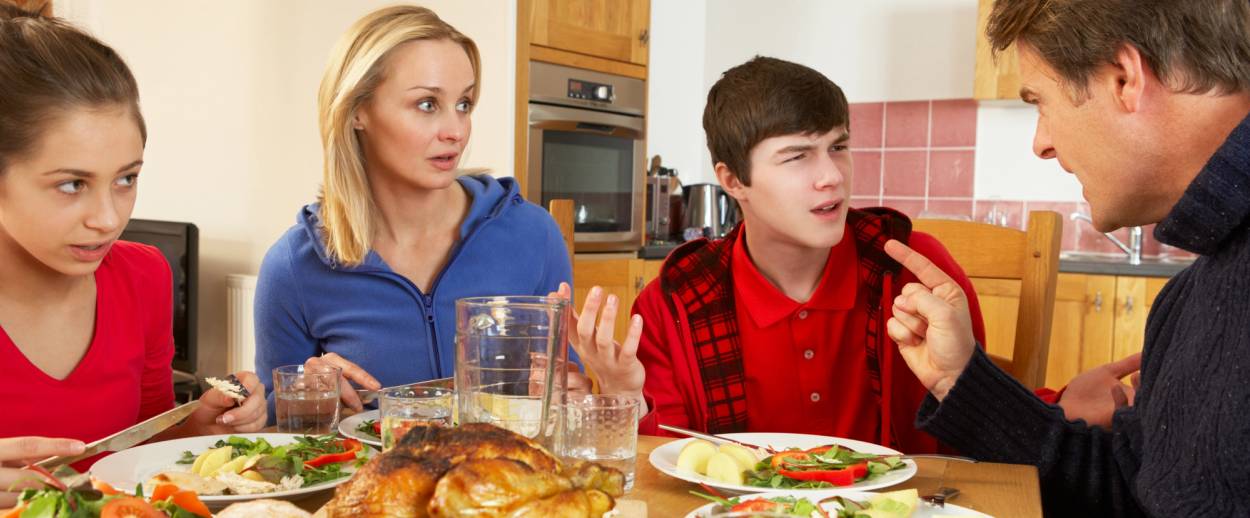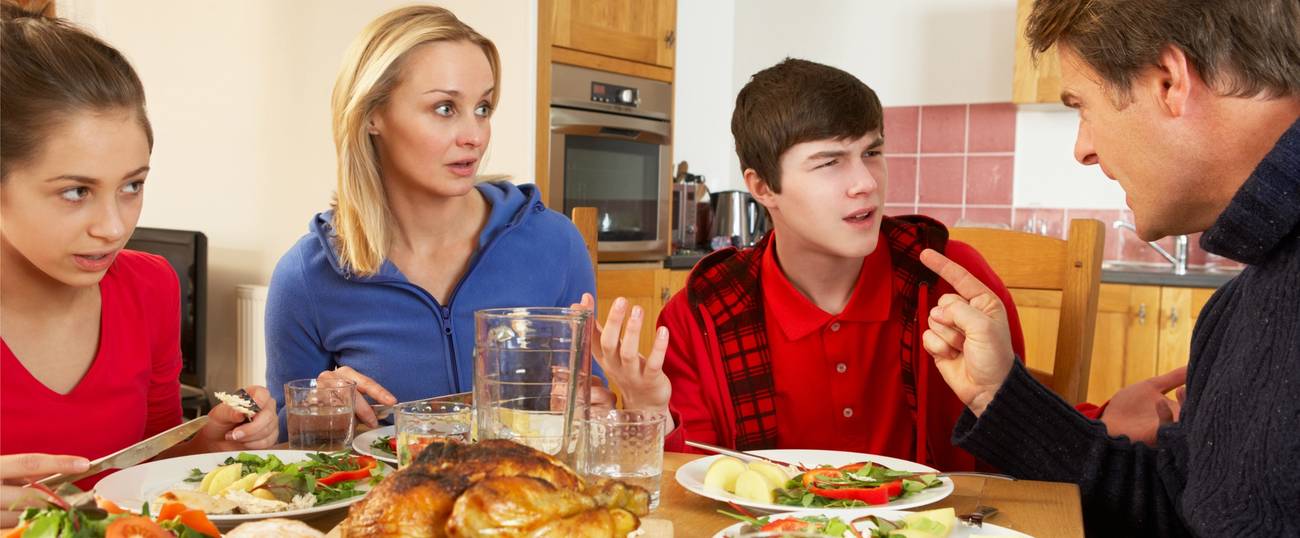Saying ‘Shehechiyanu’ on Thanksgiving
This holiday, read I Say Shehechiyanu, a new children’s picture book that can help your family tolerate the inevitable mishegas




It can be difficult to feel thankful about Thanksgiving if you are the person who is hosting Thanksgiving.
Last week I dreamed that I’d forgotten Thanksgiving. And it was Thursday morning. And worse, I’d forgotten that Thanksgiving and Passover fell on the same day this year. (You know, like Thanksgivukkah but impossible by any measure of the Jewish calendar, except in anxiety dreams.) To make matters worse, I had 15 people coming for…Thanksgivapass? Passogiving?…in a few hours, and no food. I also remembered that after last year’s seder, I’d stored my family’s 60-year-old porcelain seder plate in a giant bag of salt. It had cracked into multiple pieces like an asphalt road after a hard winter.
There was no time to grieve. I had to replace the seder plate with a beautiful tin platter covered in small wooden bowls–I had to–and ran around a strange city looking for these things (including looking in a prop house run by a major motion picture studio) but had no luck, and finally found a tiny African handcrafts shop run by hippies. They had what I needed in the basement, but we had to have tea first as I panicked about time ticking away.
Then I ran home and started cooking, but I had a million dishes going at once, and I poured all the sauce for the maple-glazed carrots into the charoset, which in real life doesn’t sound disgusting but it was in the dream. And I realized I’d forgotten to defrost the turkey…
I woke up in a cold sweat.
Honestly, Thanksgiving can be stressful for everyone. Whenever you’re with family petty tensions and disagreements have a way of coming to the fore. Traditional foods have to be made in traditional ways, even if they are gross, or the ghosts of the ancestors will be disturbed in their eternal slumber. Allergies, dietary habits and quirks must all be observed. If you spend the holiday with your in-laws, your own relatives may be irked. Children are often forced to interact with cousins with whom they have nothing in common,cousins who want to throw spherical or oblong spheres at them. Teenagers may enjoy lecturing their elders about the oppressive, colonialist, genocidal roots of this day.
But fear not for I have an antidote! The new children’s picture book I Say Shehechiyanu by Joanne Rocklin, illustrated by Monika Filipina. This book, which will (spoiler alert) show up on my Best Children’s Books of the Year list on Tablet next week, is a sweet little treatise on all the things we have to be thankful for.
The Shehecheyanu is, of course, the blessing for first times and other special occasions. In the book, an adorable little narrator with sticking-straight-up pigtails celebrates significant moments throughout the year with her family and multicultural community: Eating round challah, getting new shoes, teaching a friend to spin the dreidel, realizing the sound of thunder doesn’t scare her anymore, spotting her baby brother’s first tooth.
There are so many things to be grateful for if we make a conscious choice to take a deep breath and note what’s good, rather than what sucks, about community and family.
There are so many things to be grateful for if we make a conscious choice to take a deep breath and note what’s good, rather than what sucks, about community and family. Reading I Say Shehechiyanu together with your relatives can encourage us all to be more tolerant of family mishegas and clumpy gravy. It can prompt us to talk through parallels and differences between the Thanksgiving story and the Syrian refugee crisis. It can make us appreciate our lives as Jews observing a secular holiday in a relatively new-to-us land. And it can let us breathe a sigh of relief that bad dreams are–mostly–only dreams.
Marjorie Ingall is a former columnist for Tablet, the author of Mamaleh Knows Best, and a frequent contributor to the New York Times Book Review.